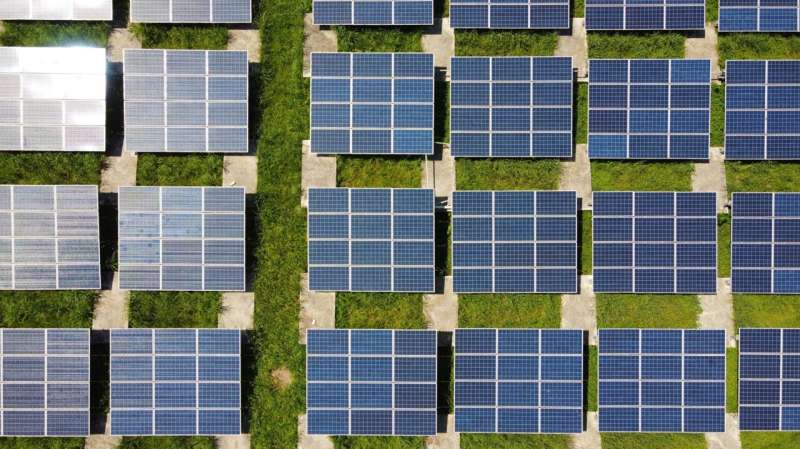
Getting our response to climate change right will be crucial to getting Australia back on the path to productivity growth.
With the right policy settings, we can limit the costs of decarbonizing and speed up approvals to unlock the opportunities of cheaper, more abundant clean energy. We can also improve housing to be more resilient to the effects of climate change.
Achieving deeper cuts to emissions as we address the more difficult decarbonization challenges in the economy will inevitably bring costs. So too will responding to the impacts of climate change.
The government can minimize these costs through carefully designed policies. This is a key theme of the Productivity Commission’s interim report on Investing in cheaper, cleaner energy and net zero transformation. This is the second of five reports due out ahead of Treasurer Jim Chalmers’ reform roundtable later this month.
To achieve net zero along with good productivity outcomes, Australia needs consistent and comprehensive incentives to reduce emissions.
Governments need to address the gaps and overlaps in incentives for emissions reduction. And incentives need to back the lowest-cost solutions, regardless of technology.
The top priorities
Several priorities stand out. First, the electricity sector needs enduring, broad-based market settings that drive emissions reductions beyond 2030. The currentreview into the National Electricity Market is a chance to design settings that ensure long-term certainty for investors in renewable energy and firming.
Second, the Safeguard Mechanism, which aims to reduce emissions from Australia’s biggest greenhouse-gas polluters, should be broadened to cover more industrial facilities. This was recommended in the Productivity Commission’s 2023 Advancing Prosperity report.
Third, we need a new policy that gives heavy vehicle users an incentive to cut emissions. These policies should be technology-neutral. This would allow users to choose the cheapest way to reduce their emissions as different technologies develop.
Faster approvals would make energy cheaper
The slow pace of energy infrastructure development is a major barrier to achieving net zero at the lowest cost.
To meet…
Disclaimer
We strive to uphold the highest ethical standards in all of our reporting and coverage. We 5guruayurveda.com want to be transparent with our readers about any potential conflicts of interest that may arise in our work. It’s possible that some of the investors we feature may have connections to other businesses, including competitors or companies we write about. However, we want to assure our readers that this will not have any impact on the integrity or impartiality of our reporting. We are committed to delivering accurate, unbiased news and information to our audience, and we will continue to uphold our ethics and principles in all of our work. Thank you for your trust and support.
Website Upgradation is going on. For any glitch kindly connect at 5guruayurveda.com



